Individuals with Graves’ disease could benefit from using CBD for their symptoms of Graves’ disease including dermopathy. Though Graves’ dermopathy is a poorly understood condition overall, researchers know that there is a buildup of a certain carbohydrate in the skin that causes swelling. CBD, with its anti-inflammatory properties, can be used to alleviate this symptomatic inflammation.
Graves’ Disease, an autoimmune condition that affects the thyroid, can wreak havoc on several parts of your body. If you have symptoms of Graves’ disease, you are likely worried about your hair, your eyes, and your heart, but you may overlook unusual clues where you may least expect them: On your skin.
Uncontrolled hyperthyroidism can result in a number of unpleasant symptoms such as heart palpitations, panic attacks, waxy skin, and hair loss. Graves’ dermopathy is a skin condition that results as a little-known side effect of this multifaceted disease.
When your body attacks your thyroid and circulates too much thyroid hormone throughout your body, certain carbohydrate buildups in your skin can create an odd, orange-peel texture to the surface of your body. This is also called pretibial myxedema, which is another way of saying that your shins and feet — the most likely candidates for Graves’ dermopathy — are red and swollen.
Because Graves’ dermopathy may result in eye disease, severe swelling of extremities (usually the lower legs and feet), and other side effects, it’s best to take swift action and use all means at your disposal to halt the autoimmune process in its tracks. CBD oil gives you a holistic, naturally based option for balancing your immune system.CBD oil has received a lot of attention from the media and researchers alike for claims that it reduces inflammation, boosts mood, and alleviates anxiety. While Graves’ dermopathy has not been explicitly studied regarding CBD oil, individuals with this condition are dealing with an immune system that is overactive, and this results in the inflammation you see in pretibial myxedema. These patients could likely benefit from CBD’s anti-inflammatory properties as well as its anti-anxiety properties found in cannabidiol, which is the non-psychoactive component of cannabis.

Potential Applications of CBD for Inflammation Arthritis Relief: Arthritis impacts over 54 million adults in the U.S. alone. CBD’s anti-inflammatory and pain-relieving properties have shown...
Read More
How Is CBD Different from Other Stomach Pain Conditions? You may remember having stomachaches as a child. These pains can be caused by indigestion, a...
Read More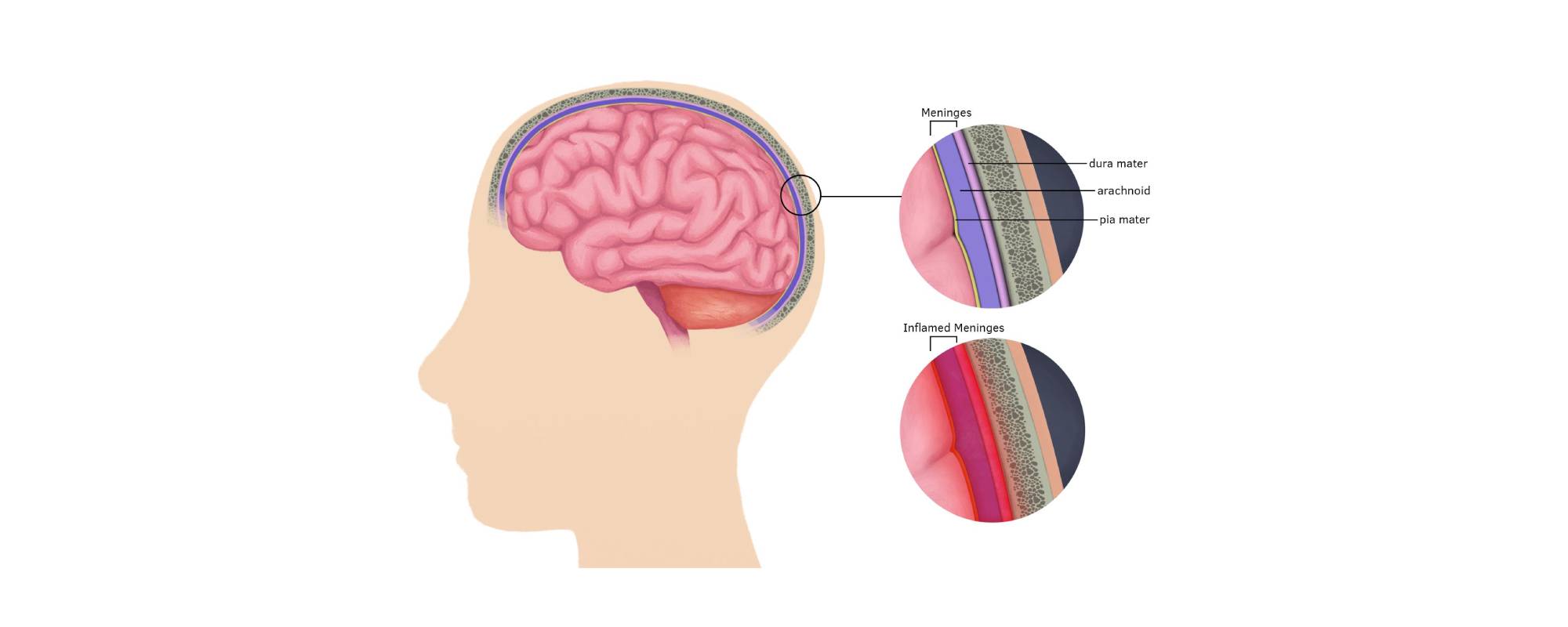
Meningitis is the term used to describe the inflammation of the fluid surrounding the brain and spinal cord and the meninges, or the membranes, that...
Read More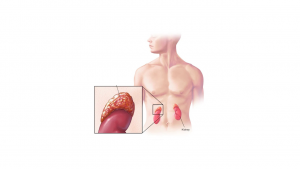
What Causes Addison’s Disease? The condition is the result of adrenal gland damage. Most frequently, autoimmune failures cause the damage. The symptoms of Addison’s disease...
Read More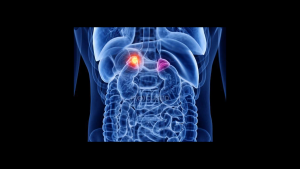
What Causes Cushing’s Syndrome? Cushing’s Syndrome is a result of your body’s exposure to high concentrations of cortisol. Often this high concentration occurs due to...
Read More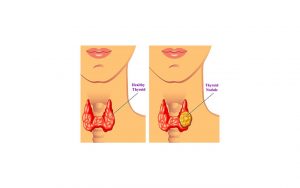
Recent studies have shown that CBD may help those with hypothyroidism. More generally, many people use CBD for pain and inflammation, which can be significant...
Read More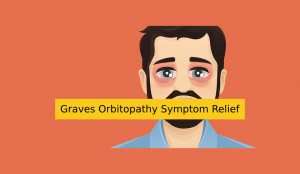
If you have Graves’ disease, you are likely always searching for ways to return your body to a state of balance. Because Graves’ is an...
Read More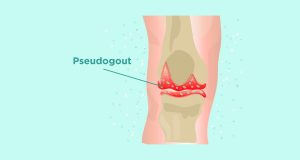
Causes of Pseudogout Unlike regular gout, which is caused by an accumulation of uric acid, pseudogout is the result of the buildup of tiny calcium...
Read More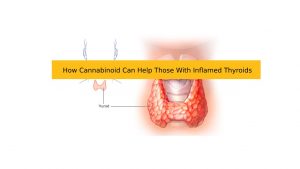
Hashimoto’s disease is the leading cause of underactive thyroids in the United States. An autoimmune disorder, it alters the way the immune system acts by...
Read More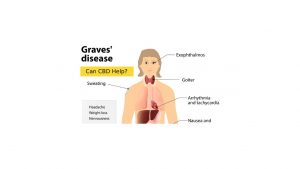
Graves’ disease is an autoimmune disorder that results in hyperthyroidism or the overproduction of the thyroid hormone. Though several conditions can cause hyperthyroidism, Graves’ disease...
Read More